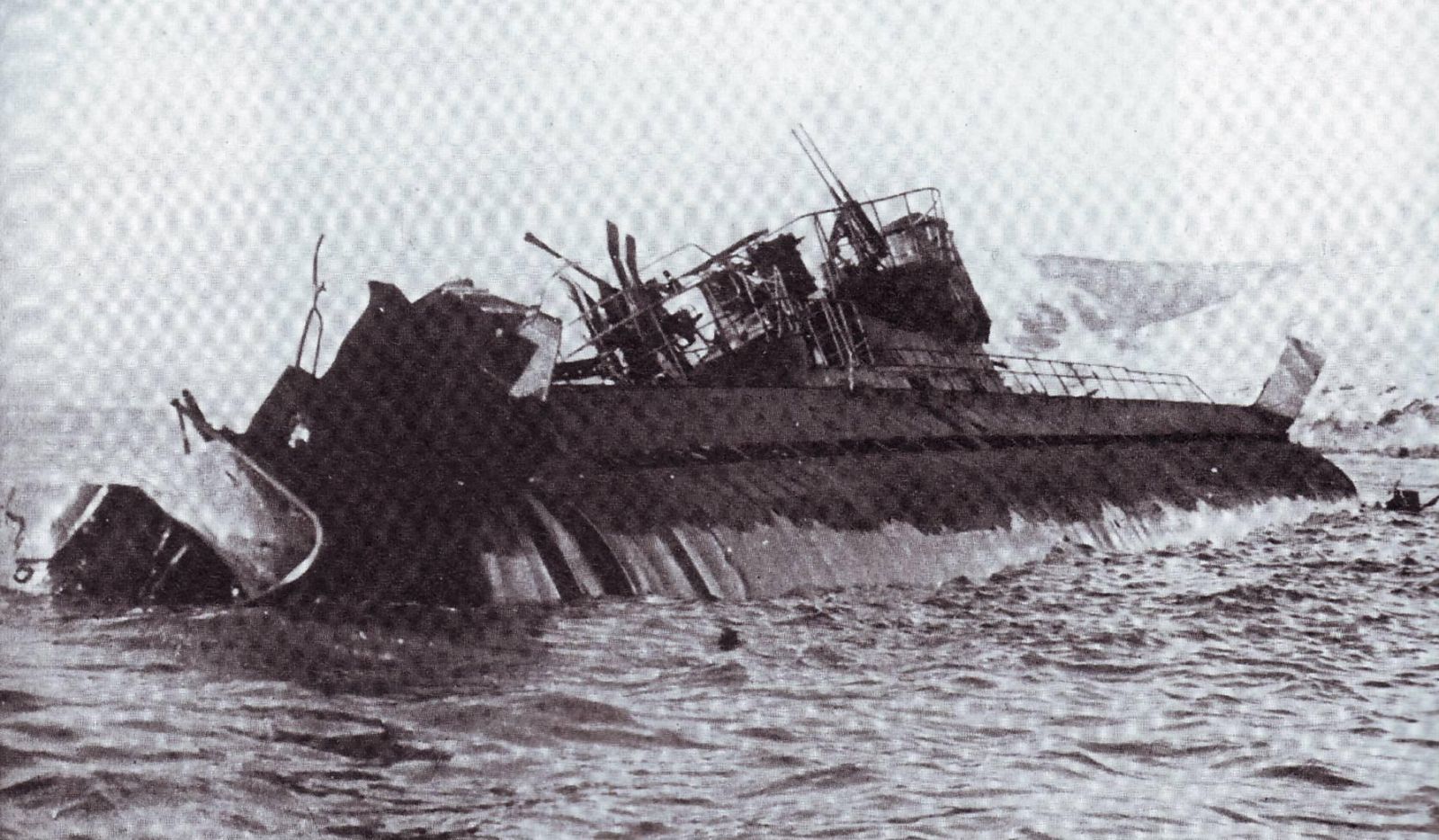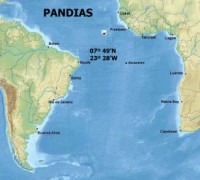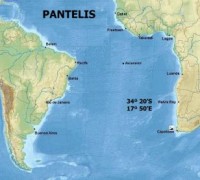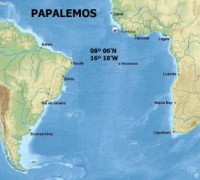SHIPS HIT GREECE 18 - GREEK SHIPS LOST
18)PELEUS U-852
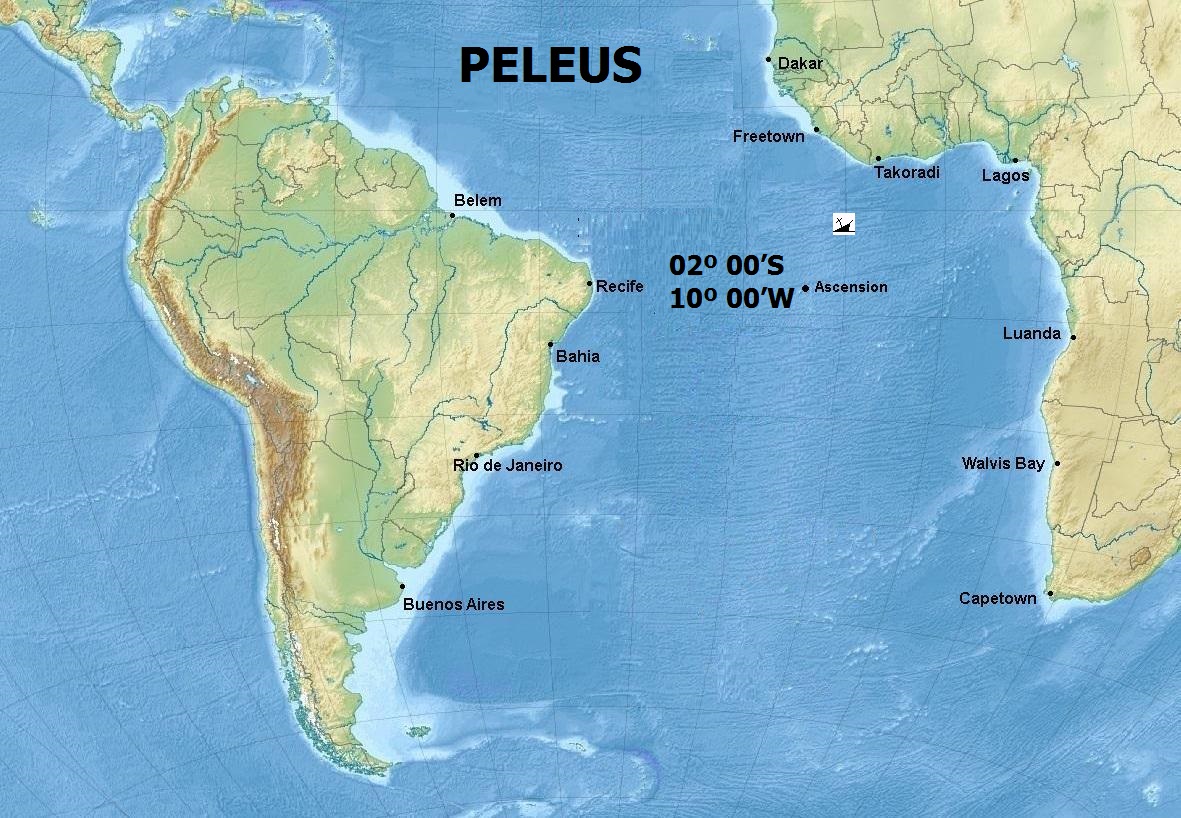
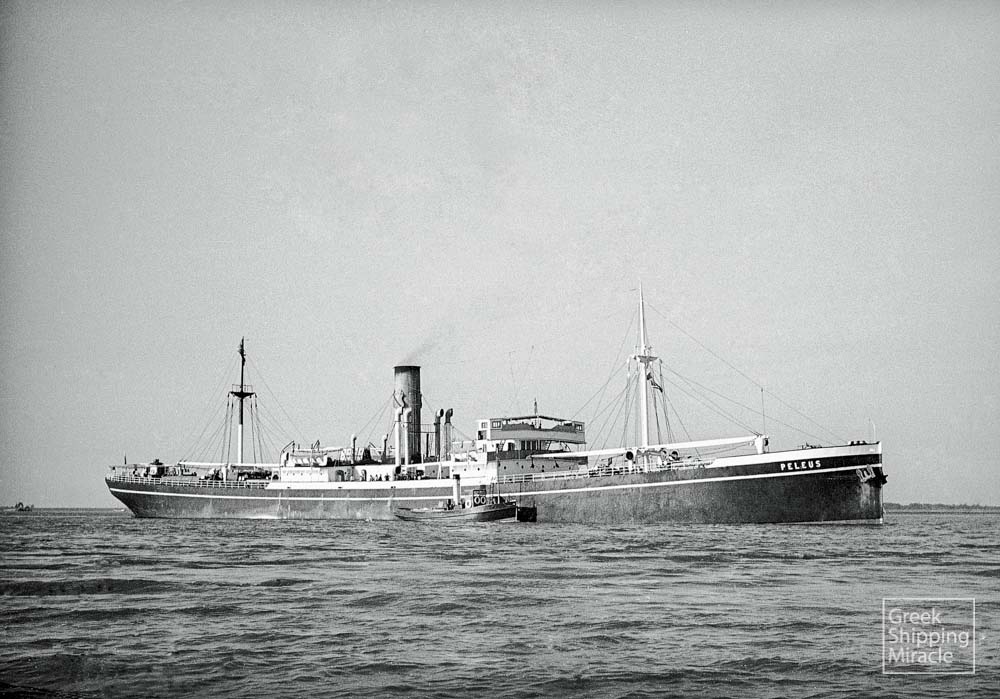
Photo. Decimation of the Fleet (1940-1945) - Greek Shipping Miracle
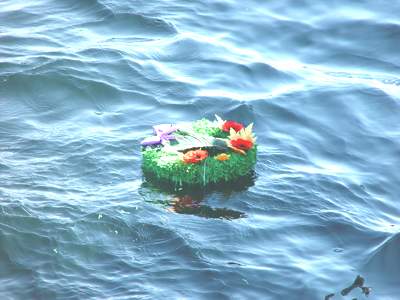

Built 1928
Tonnage 4,695 / 8,660 tons
Cargo: Ballast
Route: Algiers - Freetown - Buenos Aires
Sunk 13 MAR 44 by U-852 on pos. 02º 00’S 10º 00’W
32 Dead
3 Survivors
THE PELEUS INCIDENT
In March 1944 Peleus was travelling from Freetown to Buenos Aires in ballast under the command of her captain, Minas Mavris. On this trip she had a crew of 35 men, mostly Greek (18), but also British (8), Chinese (3), Egyptian (2), and four Russians. On the evening of 13 March 1944 she was spotted by U-852, which was en route to her patrol area in the Indian Ocean.
Despite the secret nature of U-852’s mission, her captain Heinz-Wilhelm Eck decided to attack the Peleus; tracking her until night-fall, U-852 closed with her target on the surface and fired two torpedoes at close range. Peleus was hit, the first exploding in the number two hold, the second just aft in the number three hold. She quickly broke up, sinking in three minutes; all that was left of her was flotsam, including several liferafts, and the survivors of her crew, perhaps half their number.
Eck took two men aboard for interrogation, Agis Kefalas, the Third Officer, and Pierre Neuman, a seaman; having established her name and details, he returned them to their raft. At this point Eck decided he must hide the evidence of his action by destroying the debris, including the life-rafts (and, by implication, the men on them). For the next five hours, until 1 A.M. on the 14th, U-852 moved around the debris field, firing with her guns, small arms and grenades. Despite these efforts, not all the wreckage was destroyed, and four of the crew survived, though one, Kefalas died later of a wound in his arm.
The other three survivors were Antonios Liossis, Chief Officer, Dimitrios Argiros, a seaman, and Rocco Said, a stoker. After drifting for over a month, they were rescued on 20 April by the Portuguese vessel Alexandre Silva and taken to Lobito, in Angola. The incident was reported to British naval authorities, and affidavits taken from the three men. The following month U-852 was attacked and destroyed in the Indian Ocean, off Cape Guardafui Somaliland on 2 May 1944; the surviving members of her crew were taken prisoner.
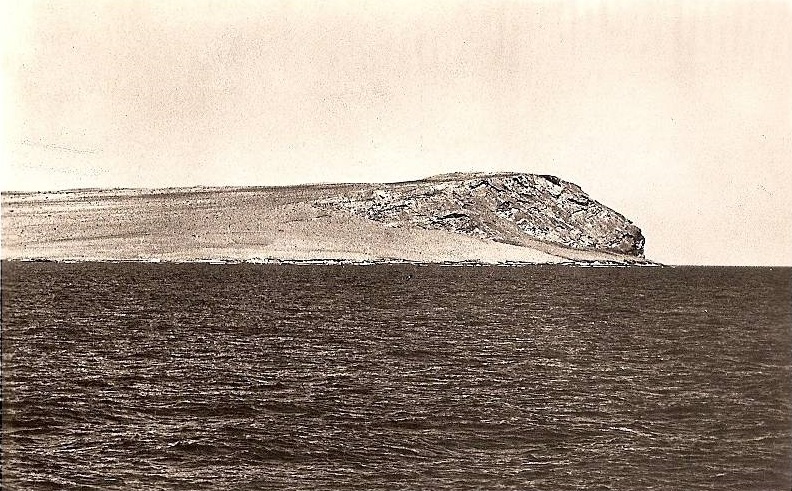
Above Cape Guardafui Somaliland, the horn of Africa. Photo https://upload.wikimedia.org/wikipedia/commons/0/0a/Cape_Guardafui_c._1900-1910.jpg
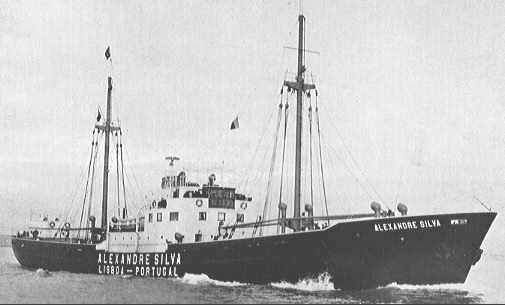
Above the Portuguese steamer which rescued the remaining three survivors from an ordeal of 37 days in the south Atlantic. Photo http://www.geocities.ws/naviosvelhos/alexandres.jpg
At the end of the war, in October 1945, five members of her crew were tried as war criminals and convicted. Three (Eck, August Hoffman, 2nd Watch Officer, and Walter Weispfennig, boat's doctor) were executed, and two others, Hans Lenz, Chief Engineer,and Wolfgang Schwender, Pilot, were imprisoned.
By https://en.wikipedia.org/wiki/SS_Peleus
Above, U-852 wreckage ran aground at Cape Guardafui Somaliland after being intercepted by RAF Wellingtons from 8 and 621 Squadrons. Photo. https://ww2aircraft.net/forum/media/u-852.19298/
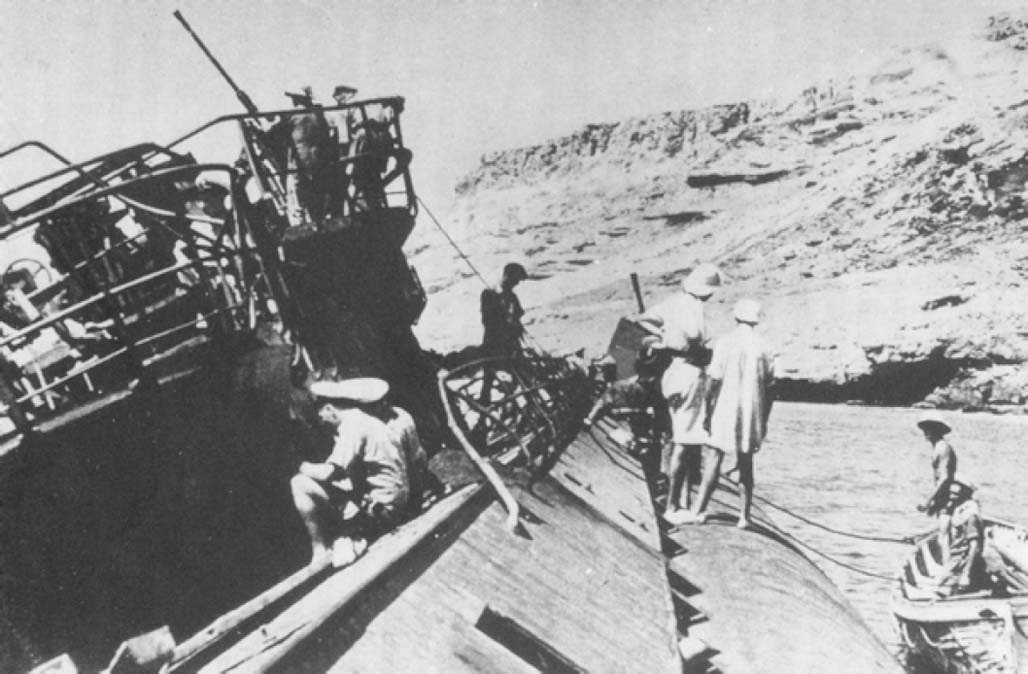
Above the wreckage of U-852 being inspected by the British Army at the coast of Somaliland. British boarding party also recovered the Kriegstagebuch.
Photo https://erenow.net/ww/silent-hunters-german-u-boat-commanders-wwii/7.php
